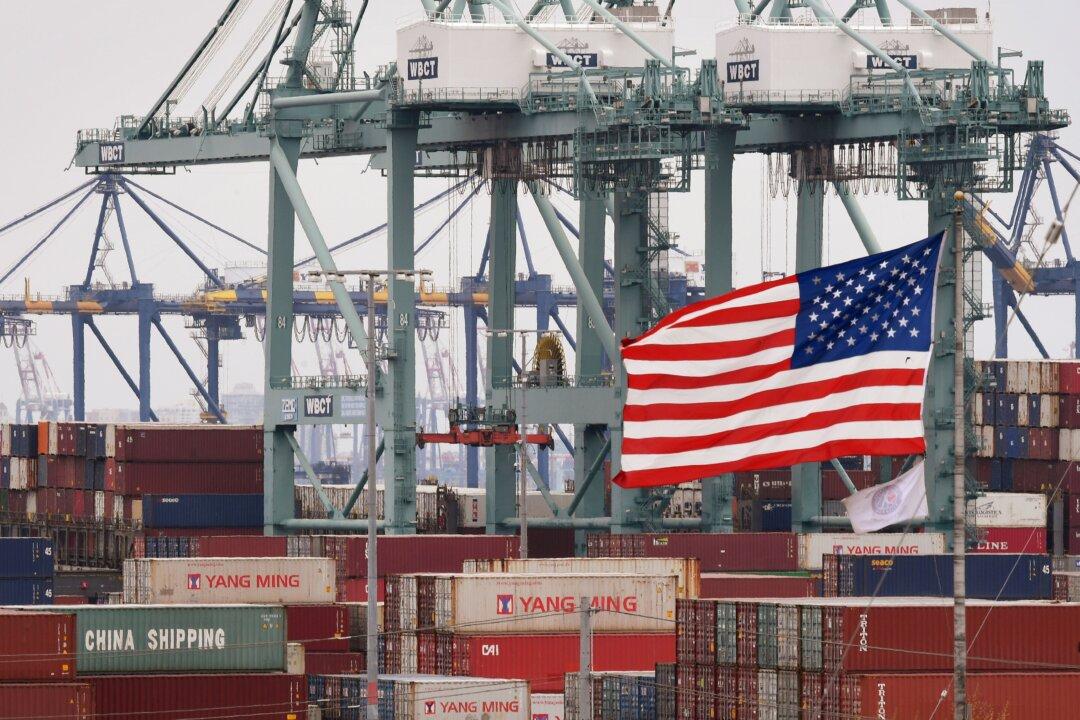Commentary
The United States should better secure key industrial resources, including through subsidies where necessary, in case an adversary like communist China attempts to weaponize them against us. And we must stop subsidizing China’s key industries, including electric vehicles (EVs) and solar panels, from which it draws the economic strength to fund its military.





